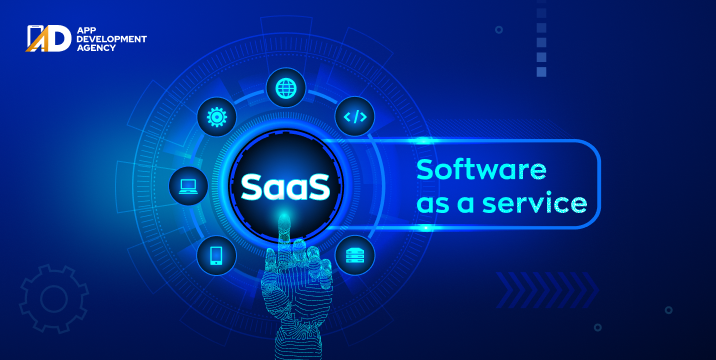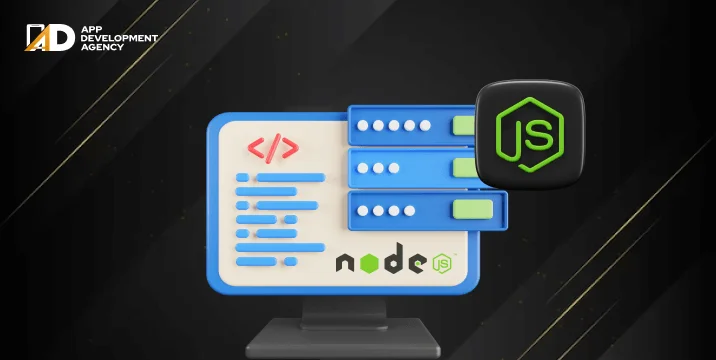Single page applications are being used for both web as well as mobile platforms. These work in the browser and eases out the navigation as the frequent page reloads are not required. As the content is downloaded automatically, there is no need to update the page every time. This makes the entire website fast and responsive. Popular examples of single page applications are Facebook (Social Media Platform), Trello (CMS), Twitter, Gmail, Google Docs, etc. SPA’s are made out of AJAX, HTML and JavaScript frameworks like Angular, React, Vue and Ember, which are required for handling the client-side.
Google has Google Tag Manager that helps track all navigation in Single Page Web Apps as the information of all events is being sent to GTM by custom event or pre-defined event when this page gets a hit.
SPA’s are suitable for developing dynamic platforms with small data volumes. If SEO optimization is not required, this method of mobile application development can turn out to be an exceptional option in the case of SaaS platforms, social media networks and in the case of closed communities.
Use of an appropriate framework makes the application look interactive and rich. Popular frameworks that are used to build SPA’s include ReactJS, AngularJS, Backbone, EmberJS, Node.js, PolymerJS, Vue, Aurelia, Mithril.js, MeteorJS, etc.
As opposed to single page applications/single page web applications, the entire webpage is reloaded in case of any changes within multiple page applications. Every time a new webpage is requested from a web browser and this process takes a lot of time to generate the pages on the server, sending it to a client and displaying in the browser which may affect the user experience.
Although AJAX has made it possible to render just a particular component of the application, this makes the development process even more complex and difficult. Any complex e-commerce website with multiple pages, lots of links, lots of text, images has gradually become out of necessity. People definitely want to get engaged, but they do not wish to lose time simultaneously. They look for convenience, cost-effectiveness and result in equal proportion for the effort they are applying. A user usually prefers a website/app with less turnaround time, quick search results and mobile compatibility, accessible to all users, well-planned information architecture, well-formatted content that is easy to scan, has less turnaround time, browser consistency, and effective navigation, good error handling, valid mark-up & clean code, contrasting color scheme and usable forms, to name a few.
Multiple page apps are usually deep with lots of links and intricate UI’s. A multiple-page website can contain many micro websites and subsections. This can enable a user to break down the content by allowing many entry points.
HTML, CSS, JavaScript, and jQuery are the usual technologies besides required front end and backend technologies in demand.
Let’s see what stops modern developers to utilize multiple page applications for their projects:
Multi-page applications are required in large organizations with extensive products, services portfolio and multiple inter-department operations like selling and reselling. E.g.: e-Commerce platforms like Flipkart, Grofers, Walmart, Amazon, eBay, etc. MPA’s mostly use make use of Magento and many similar JavaScript frameworks.
Top Web Development Companies build every web application with a purpose. If there is a requirement to have multiple categories, to enable users with multiple features and applications, multiple page websites must be preferred. As there are many pages, users can navigate back and forth easily. Such applications are particularly utilized in e-commerce web applications where users browse through the categories, add items in the cart and proceed to checkout. Another-way-round, single page applications have a single URL throughout, no back and forth buttons, simple and easy, less featured, but essentially uses URL anchors as synthetic pages enabling is more inbuilt in browser navigation and preference functionality. There are some projects that simply will not be able to fit into either SPA or MPWA. Therefore, a hybrid app approach considers the pros and cons of both approaches discussed above and will have a great impact on development in the coming future.

Fun Fact – The median market valuation for a SaaS-based business is 15 times of its revenue. That is Huge! The number is astonishing and much more than other conventional business models. For instance, you own a SaaS business model and your annual revenue lies at $1 million today, then your current market valuation stands …
Continue reading “SaaS Business Model 2024: A Perfect Guide for Entrepreneurs”
Read More
“Do you know – Netflix & PayPal both of these giants switched to Node JS architecture and saw a significant improvement in the performance.” But what makes Nodejs frameworks stand out? Let’s find out!!! Nodejs frameworks are immensely popular open-source servers used for building high performance efficient applications. They are used to create online games …
Continue reading “13 Best Nodejs Frameworks in 2023”
Read More
Laravel is a PHP-based web framework that lines up web applications with critical language structures. It is used to create versatile backend layers based on RESTful APIs. It accumulates devices and application design. It performs in tandem with ASP.NET, MVC, CodeIgniter, Ruby etc. Laravel acts as a framework that organizes code sequence that makes it …
Continue reading “Emerging Laravel Framework: How Does It Instill Confidence In Web Apps?”
Read More